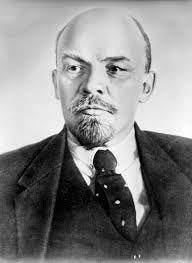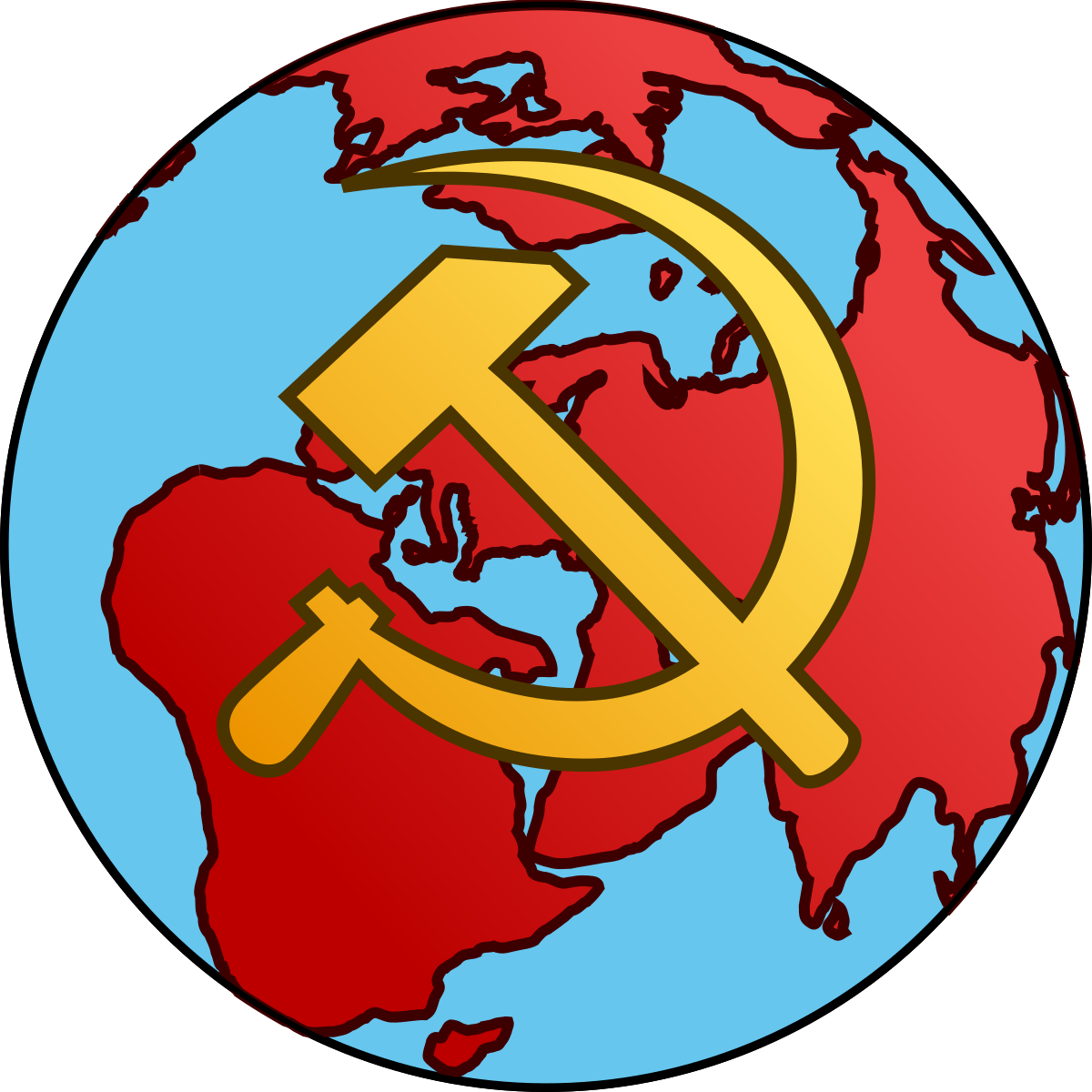On this date in 1924, Vladimir Lenin, founder of Union of Soviet Socialist Republics (USSR) passed away just after 2 years of establishment of Soviet Union and 7 Years after taking control of Russia.
Here, we are analyzing how Lenin and his policies shaped communist movements all around the world.
INTRODUCTION:
Lenin was born to a middle-class family. His life took a sharp turn after the execution of his brother (Aleksandr Ulyanov) by tsar resulting in Lenin to embrace revolutionary politics. Under the leadership of Lenin, Bolshevik insurgent took control of Russia ultimately assuring Lenin to take charge of Council of People's Commissars (new government). It was a time of crisis. Russia was devasted by first world war, industrialization had exploited working class and Lenin was the man who promised to change the scenario.
Lenin’s Leadership
It was not only a government that will determine the fate of Russians but whole communist movement round the world. Upon taking power, Lenin issued a decree to nationalize orthodox church and landed property (those property where owner is not required to work for earning). He also limited working hours to 8 beginning the era of labor rights in the world. He ensured secular and free education for all children in Russia as well as established state orphanage too. His government also advocated for gender equality and passed laws to make wife economically independent from the husband and also lifted the restriction on divorce. Russia also became first country to allow abortion in first 13 weeks. Russia also separated Church and state. Despite advocating for communism, Lenin was against nationalization of all. He believed only those entity which were key to party and nation should be nationalized not all the private sectors.
Such policies from Lenin government became a major step towards a welfare state. But we know politics is all about gray. There were various policies that were introduced in Lenin’s era to consolidate power too. He banned various media organization at the time seriously challenging the idea of freedom of press. Lenin successfully withdrew from the world war but his army landed in war with white army (army of monarchist and capitalist). He introduced something called “war communism” that helped him to fund the civil war and take control of industries and nationalize them. This step crippled the economy of Russia and caused famines. Later Lenin brought new economic policies to improve the situation by partially opening market.
Red decline: Later years of Lenin
In year 1921, Lenin was seriously ill but still remained very interested in the politics. During this period, Lenin became very critical about the bureaucratic system of the nation blaming it for having both tsarist character as well as personnels. In these later years, he started to become critical of Stalin as well who was continously consolidating power among rank and file of the party. He had a fall out with satlin regarding the matter of Georgia as Stalin wanted to merge Georgia to Russia where as Lenin wanted to give a partial sovereignty and make them part of a greater union later named as USSR. Despite Lenin’s poor health, he was elected chairman of that union.
During this period, Lenin had series of strokes. He was witnessing final years of his life and party was divided. Stalin was consolidating power so was Trotsky. Everyone in outside world believed Trotsky will succeed Lenin and that was the same for party members too.But noone was able to sense the power consolidation that Stalin was able to achieve. Despite odds Stalin successfully became the leader of soviet union after the death of Lenin and we all know what will happen to Trotsky afterwards.
Third International (comintern):
“Workers of the World, Unite! You have nothing to lose but your chains!”- a quote by Karl Marx.
Lenin had already taken control of Russia but it was not a end game to just convert Russia to a communist state. During the world war years, what Lenin faced was a extraordinary situation. He was not only being circled by capitalist but also by socialist who either wanted to support war or wanted a civil peace. But Lenin sensed a window of opportunity to unite all the expoilated workers and armies around the world and covert this war into a class war. He wanted to unite all workers round the world under the umbrella of soviet system whom he believed as only one able to achieve revolutionary cause. To serve same purpose he formed Third International better known as Communist International (Comintern).
The platform attracted many colonies under west. Communist always believed Capitalism to be one of the vital stage of societal development. But Lenin abandoned his longstanding thoughts and urged countries to transform from pre-capitalist stage directly to socialist stage. But still there is a divide among so called “communist” regarding such issue.
Legacy
What was the cringey line that all use: You can love him, hate him but can’t ignore him. It perfectly applies to the man. Some consider Lenin to be godly while some demonize him, but all recognize that he was one of the if not the most influential figure of 20th century. He led a government who advocated for labor and women rights in a period where child labor was a common thing in the industrialized west. His government was one of the early to recognize social justice and equality to be their responsibility.
Many criticize and call him a dictator, but we all know what time we are talking about. It was the same time when women were protesting to get voting right in the West. Still, Lenin was not a dictator rather it was a party rule where there were various check and balance in the party itself and voice of dissent inside the party were respected unlike at the time of Stalin. The man as powerful and capable enough to throw a monarchy could have easily taken all the control under him. But Lenin’s commitment to establish a system to check and balance his own power is commendable even if it was a one-party rule. China still follows Lenin’s model of political system till date, it shows vision of man born a century earlier.
He is also seen as one of the revivers of Communist movement around the world. He cleared various ideological barriers that was obstructing communist movement around the world. His books “Imperialism: Highest stage of Capitalism” depicts a picture of how capitalist world has managed to silent the communist revolutionary through their imperialistic approach. He mentions how a third world was created and exploitation has been transferred from first world to third world countries.
Later, his ideology was termed as Leninism and often written as Marxism-Leninism. Revolutionary movement round the world claim to have Leninism as their ideology. The country who still has communist system or at least in name believe Lenin to be their ideal. After almost 100 years of his passing, Lenin is still discussed around the world whether in positive light or negative one. In Russia, majority still think collapse of Soviet Union was a tragedy.
For some he was a monster, for some he was a god and for history he was the man that changed it forever.





